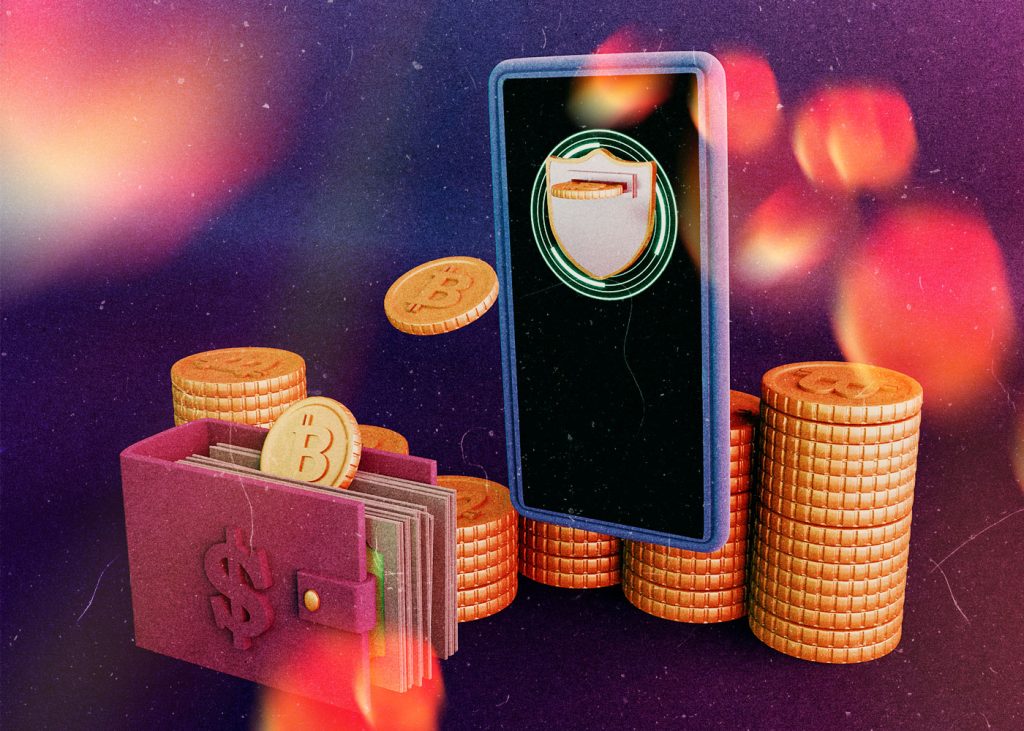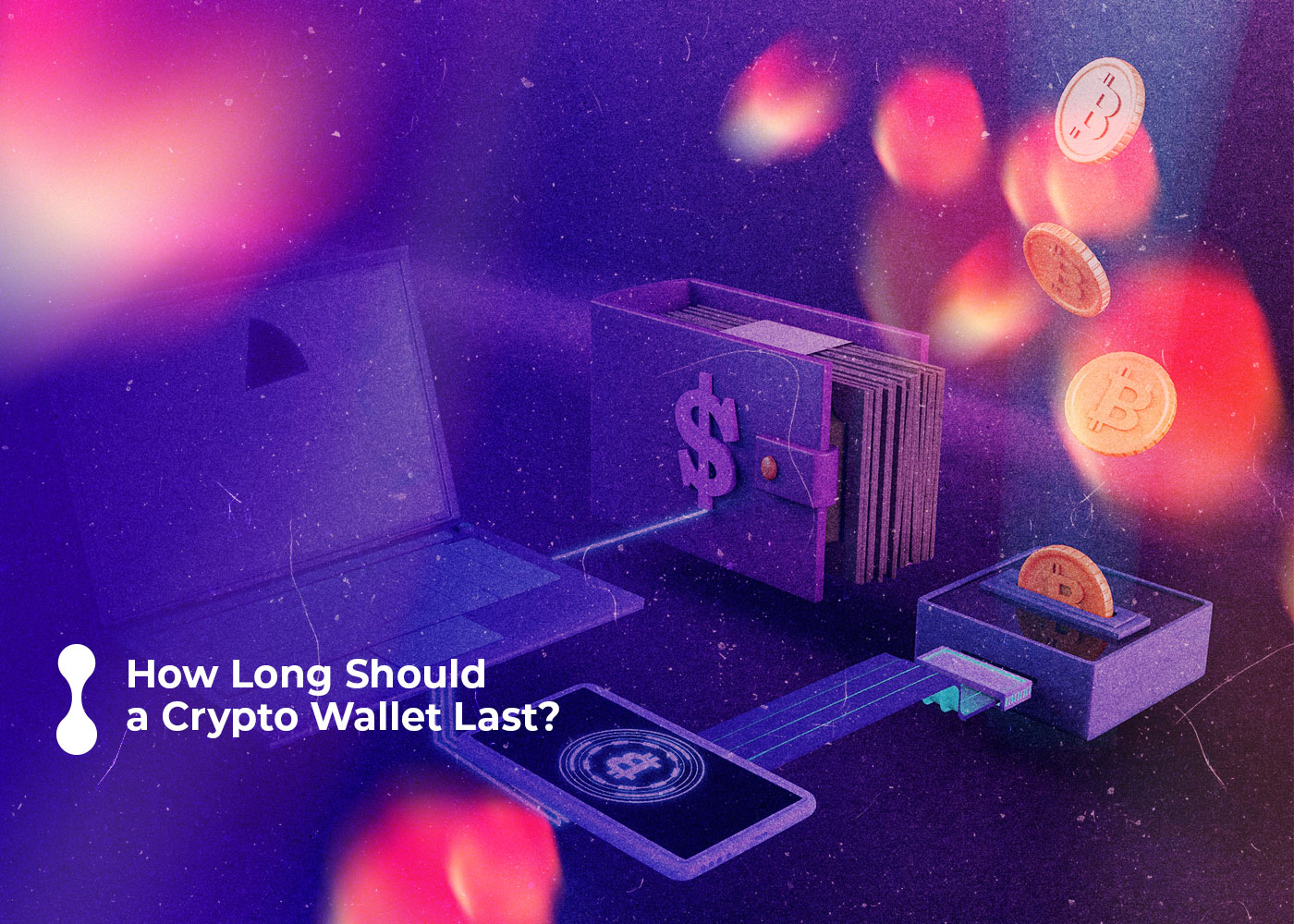Crypto wallets are a great way to store and manage digital assets, but it’s essential to understand how long you can expect your wallet to last. Many newcomers don’t realize that the longevity of crypto wallets varies widely based on several factors – from the type of wallet used to the security protocols employed for keeping it secure. So, how long should a crypto wallet last? Let’s explain.
Before We Begin, Let Us Remind You What Crypto Wallets Are.
Crypto wallets provide a safe and secure way to hold your digital assets, such as Bitcoin or Ethereum. Not only do they enable you to manage these funds securely, but they also facilitate transactions on the blockchain with ease. Generally speaking, crypto wallets can be divided into two distinct categories – hot wallets and cold wallets.
- Hot Wallets: Hot wallets are convenient digital wallets that connect to the internet, allowing users to easily access their cryptocurrency. These digital wallets can come in the form of desktop applications, mobile apps, or web-based programs. However, hot wallet technology is more prone to hacking and cyber security breaches than other crypto storage accounts.
- Cold Wallets: In contrast, Cold wallets are not connected to the internet and, for this reason, are regarded as more secure than hot wallets. There exist two types of cold wallets: hardware wallets and paper wallets. A hardware wallet is a small device that can be synced with either your computer or mobile phone, while a paper wallet involves printing out important information (e.g., private key/seed phrase) on physical material and preserving it in an off-line spot where thieves cannot get their hands on it.

So, How Long Should a Crypto Wallet Last?
Before answering the “how long should a crypto wallet last?” question, we should point out that the longevity of a cryptocurrency wallet is determined by many factors, including the kind of wallet, its quality, and how it has been utilized and managed.
Hardware wallets are your best bet for ultimate durability and resistance to physical harm. They boast a lifespan of around 30 years – comparable to that of USB sticks – unless they take damage from external sources such as water or fire. To ensure long-term reliability for your crypto wallet, make sure you check the manufacturer documents for more precise information about its life expectancy and protection measures.
In comparison, software wallets are more liable to malware and cyber-attacks that can compromise their safety. To ensure the protection of these types of wallets, it is recommended that users always maintain them updated with the most current security patches and utilize further steps such as robust passwords or two-step authentication for extra precaution. They will remain active so long as the product’s vendor continues offering its services on the web.
To Sum Up:
How long should a crypto wallet last? Well, the lifespan of your crypto wallet depends on many factors, including how often you use it, proper maintenance, and the security measures you put in place. Whichever type of wallet you choose — hardware, software, or paper — we can all agree that investing in a reliable, secure wallet will ensure your digital assets are safe and accessible only by those authorized. For those with larger asset holdings and more complex activities, it may be best to consider using multiple wallets to diversify risk.
